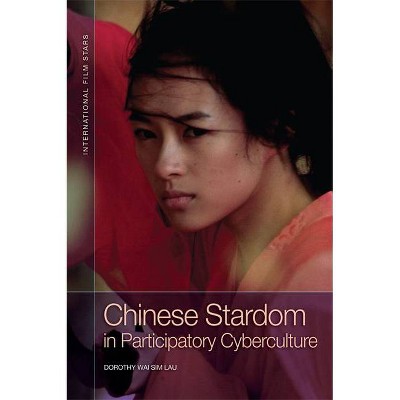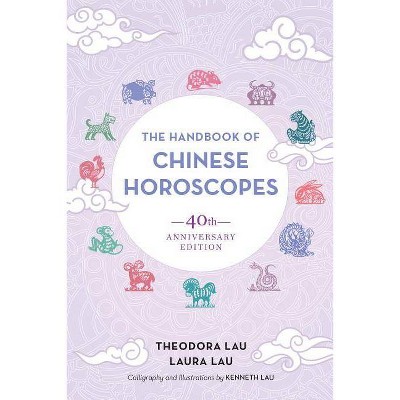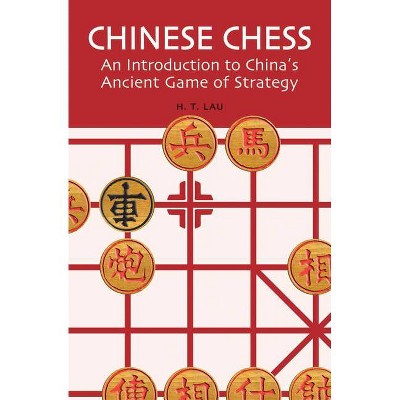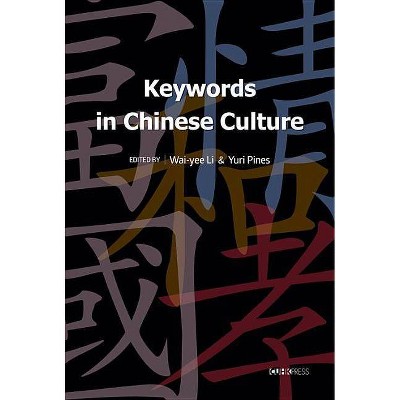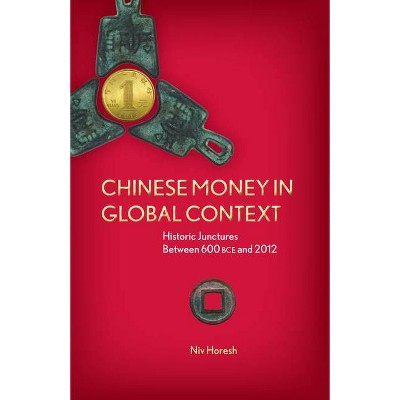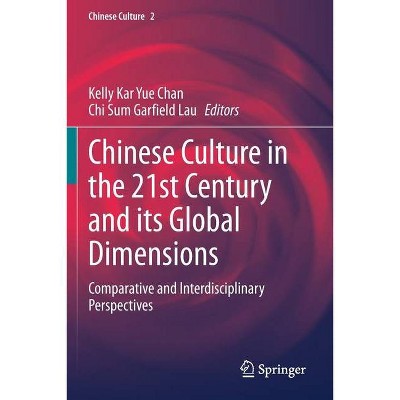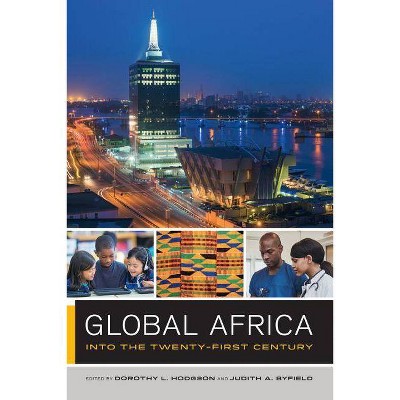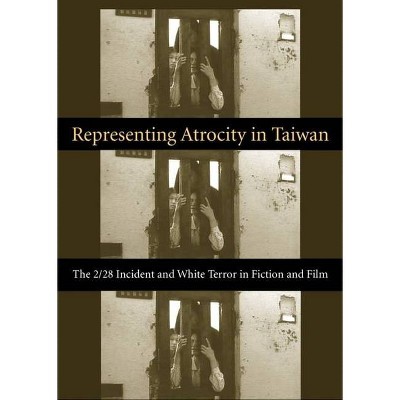Reorienting Chinese Stars in Global Polyphonic Networks - by Dorothy Wai Sim Lau (Hardcover)
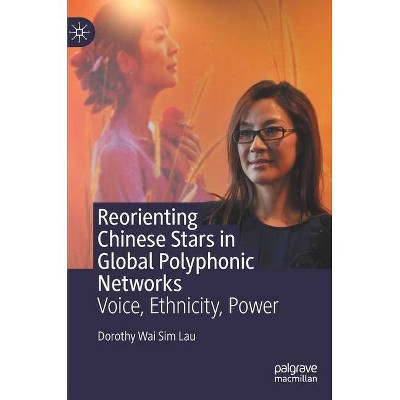
Similar Products
Products of same category from the store
AllProduct info
<p/><br></br><p><b> Book Synopsis </b></p></br></br>Introduction: Laying out a Terrain of the Phone-based Star Discourse in Chinese Cinemas.- Part I: Anglophone Media Space.- Mediating Action and Speech: Michelle Yeoh's Inter-phonic Star Appeal in Pan-Pacific Connections.- The Exotic "Sound" of New China: Fan Bingbing and Liu Yifei in Hollywood Star Vehicles.- From "King of Mandopop" to the New Kato: Vocal Eccentricities, "Coolness," and the Crossover Image of Jay Chou.- Part II: Sinophone Cinematic Space.- Tang Wei: Lingual Versatility, On-/Off-screen Existence, and the Chinese-Korean Popular Imagination.- Modern Women, "Old" Shanghai: Maggie Cheung, Sammi Cheng, and Female Vocality in Two Stanley Kwan's Sinophone Films.- Bi-ethnicity, Multi-dialecticality: Takeshi Kaneshiro's Lingua-Crossing Public Persona.- Part III: Participatory Web Space.- "Mute Fighters" Dialectics of Corporeal Presence and Vocal Absence in Digital Fan Videos Featuring Bruce Lee and Donnie Yen.- When Geisha Meets Mulan: User-generated Revoicing, (Dis)embodiment and Cyber Star Discourse of Zhang Ziyi.- Conclusion: Reconsidering Chinese Film Stars -- Toward a Polyphonic Presence.<p/><br></br><p><b> From the Back Cover </b></p></br></br><p>This monograph offers a cutting edge perspective on the study of Chinese film stars by advancing a "linguaphonic" model, moving away from a conceptualization of transnational Chinese stardom reliant on the centrality of either action or body. It encompasses a selection of individual personalities from the most iconic Bruce Lee, Michelle Yeoh, and Maggie Cheung to the not-yet-full-fledged Takeshi Kaneshiro, Jay Chou, and Tang Wei to the newest Fan Binging, Liu Yifei, Wen Ming-Na, and Sammi Cheng who are exemplary to the star-making practices in the designated sites of articulations. This volume notably pivots on specific phonic modalities - spoken forms of tongues, manners of enunciation, styles of vocalization -- as means to mine ethnic and ideological underpinnings of Chinese stardom. By indicating a methodological shift from the visual-based to aural-based vectors, it asserts the phonic as a legitimate bearing that can generate novel vigor in the reimagination of Chineseness. By exhausting the critical affordability of the phonic, this book unravels the polemics of visuality and aurality, body and voice, as well as onscreen personae and offscreen existence, remapping the contours of the ethnic fame-making in the global mediascape. </p> <p/><br></br><p><b> About the Author </b></p></br></br><p>Dorothy Wai Sim Lau is Assistant Professor at the Academy of Film, Hong Kong Baptist University. Her research interests include stardom, fandom, film theory, Asian cinema, transnational cinema, cyberculture, and digital culture. Her first monograph, <i>Chinese Stardom in Participatory Cyberculture</i>, was published in 2019. Other publications have appeared in peer-reviewed journals such as <i>positions: asia media critique, </i><i>Journal of Chinese Cinemas, Journal of Asian Cinema, </i>and<i> Continuum </i>as well as a number of edited volumes. She is the Principal Investigator of the project entitled "<i>Renegotiating Film Authorship in Cyberspace: Chinese Filmmakers, Global Fans, Politics of Participation</i>" granted by "UGC RGC Early Career Scheme," Hong Kong (HKD 405,000).</p>
Price History
Price Archive shows prices from various stores, lets you see history and find the cheapest. There is no actual sale on the website. For all support, inquiry and suggestion messages communication@pricearchive.us
